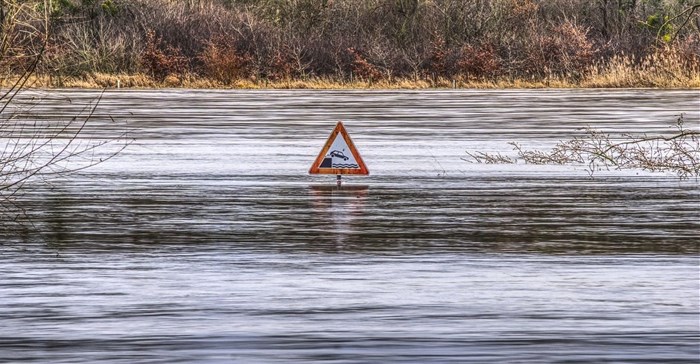Researchers from the University of Cape Town's (UCT) African Climate and Development Initiative (ACDI), in conjunction with their counterparts from Stellenbosch University, University of KwaZulu-Natal, University of Copenhagen in Denmark, and private firms Aurecon and Ekosource, are investigating how investments in ecological infrastructure protect society against hydroclimatic risks, including droughts and floods. The team are also looking at the extent at which this kind of investment translates to livelihood benefits and social upliftment.
Dr Nadine Methner, a research fellow at UCT’s ACDI, is the project coordinator of the Socio-Economic Benefits of Ecological Infrastructure (SEBEI) project. “We are looking at the benefits of investing in water-related ecological infrastructure from multiple dimensions, including direct jobs created, downstream beneficiaries, indirect social benefits, ecological benefits, avoided costs, and the reduction of hydroclimatic risks,” she explains.
Water security
South Africa is considered a water-scarce country, with rainfall distributed unevenly across the landscape and over time. To strengthen its water security, South Africa needs investment in water-related ecological infrastructure, especially under conditions of climate change, increasing population growth and land degradation, Dr Methner stresses.
Ecological infrastructure – nature’s capital stock – provides a valuable range of ecosystem services from which humans benefit. In terms of water security, these include water purification, flood attenuation and drought mitigation. Investment in this kind of infrastructure includes clearing invasive alien vegetation like pine trees and black wattle from mountains, rivers and wetlands, wetland rehabilitation, as well as building artificial wetlands.
The SEBEI project is jointly coordinated by ACDI and the Department of Geosciences and Natural Resource Management at the University of Copenhagen. This study focuses on building an evidence-based case of hydrological and socio-economic benefits linked to water-related ecological infrastructure investments. This will inform an investment framework and investment cases for different types of investors.
Most of the cost-effective, hard infrastructure options such as large-scale dams and pipeline schemes have been exploited in key catchment areas, with planners historically relying heavily on such engineering solutions to secure the country’s water security. Climate change is also shifting rainfall patterns, causing increases in temperatures and accelerating the risks of extreme weather events across the country. Even in the best-case scenario, South Africa, like the rest of the region, is expected to become more vulnerable to water insecurity in the coming decades. This increases the urgency of implementing the best and most cost-effective and effective adaptation plans, including those related to ecological infrastructure.
Success in growing cities
An ecological infrastructure approach has already had some success in securing a reliable water supply to growing cities with quality and supply-demand constraints in other parts of the world, such as Sydney, Seattle and New York.
To support decision making for this type of investment, the researchers are following a transdisciplinary approach. On the one hand, they are using fine-scale, validated hydrological modelling coupled with high-resolution remote sensing inputs to quantify the water-related benefits of investing in ecological infrastructure. On the other, they are investigating the benefits to livelihoods and well-being of intended beneficiaries, including workers, land owners, local communities, dominant agricultural value chains, municipalities, and downstream water users.
They are working at six primary study sites in the Berg-Breede (Western Cape) and uMngeni (KwaZulu-Natal) catchments. These catchments contain strategic water source areas upstream and support major metropolitan cities (Cape Town and Durban) downstream. Both catchments are under severe pressure from rising water demands and deteriorating water quality.
“We hope our work will help to leverage new investment, as well as upscale existing investment in ecological infrastructure to find innovative and affordable ways to achieve water security in the country,” says Dr Methner.



















































